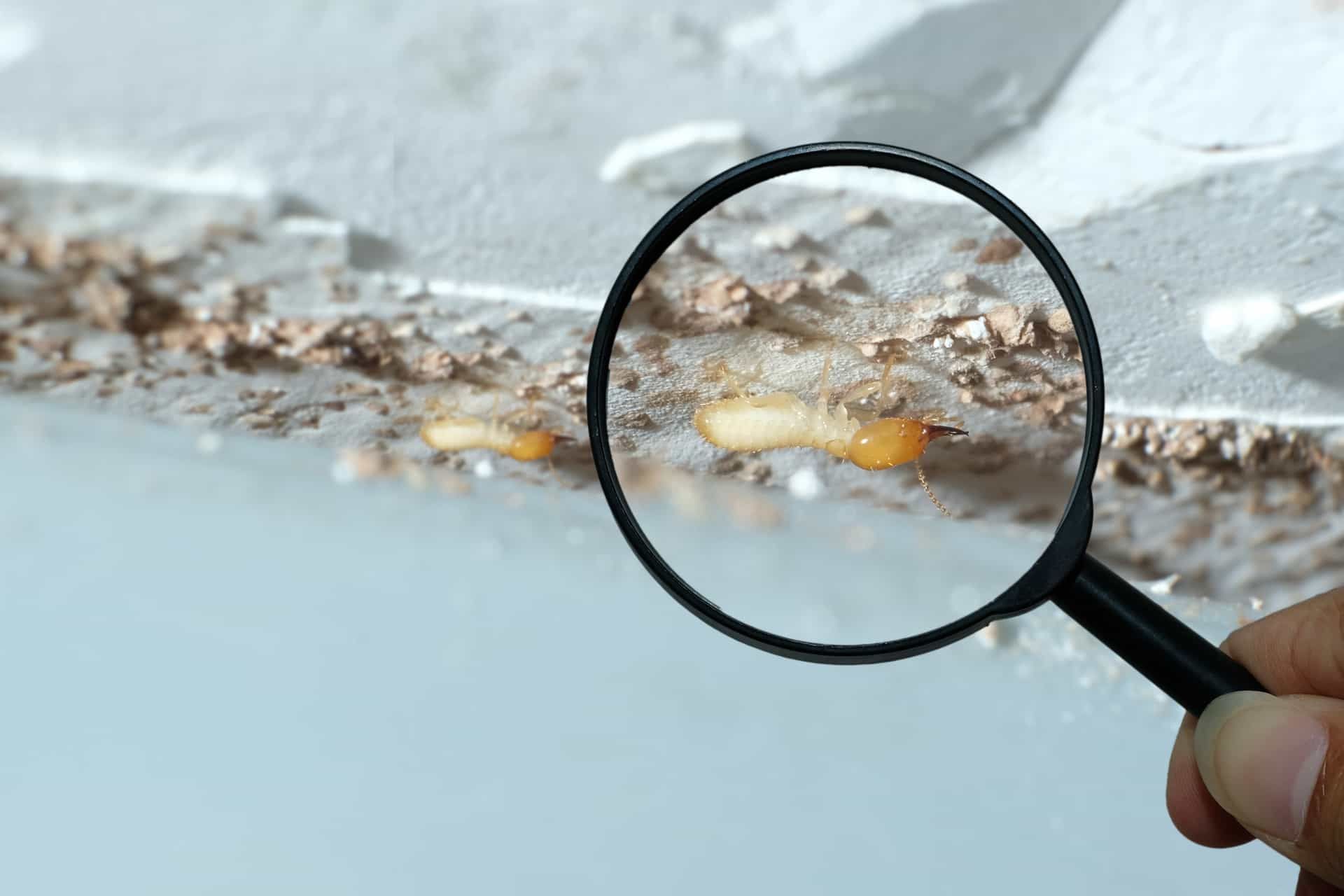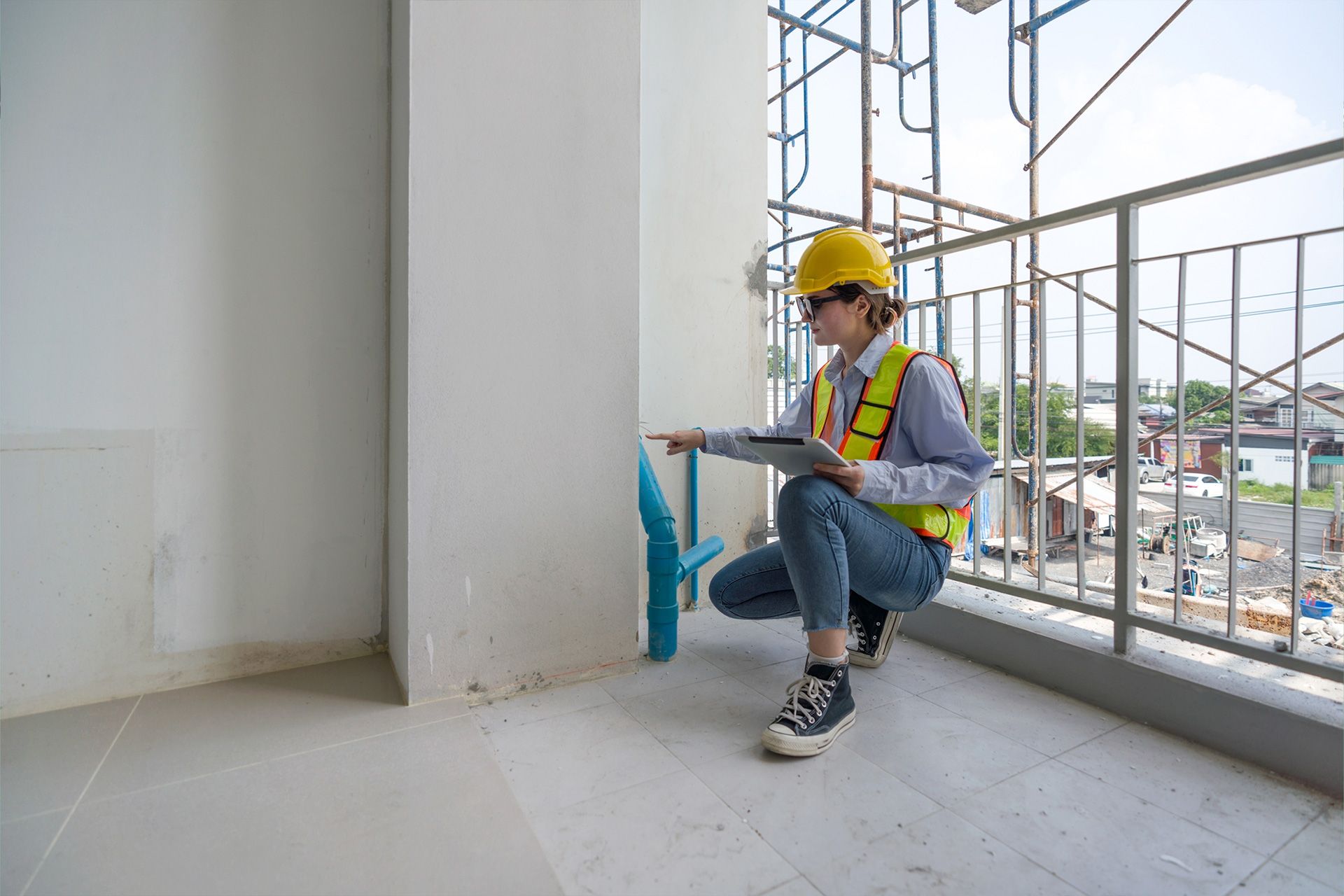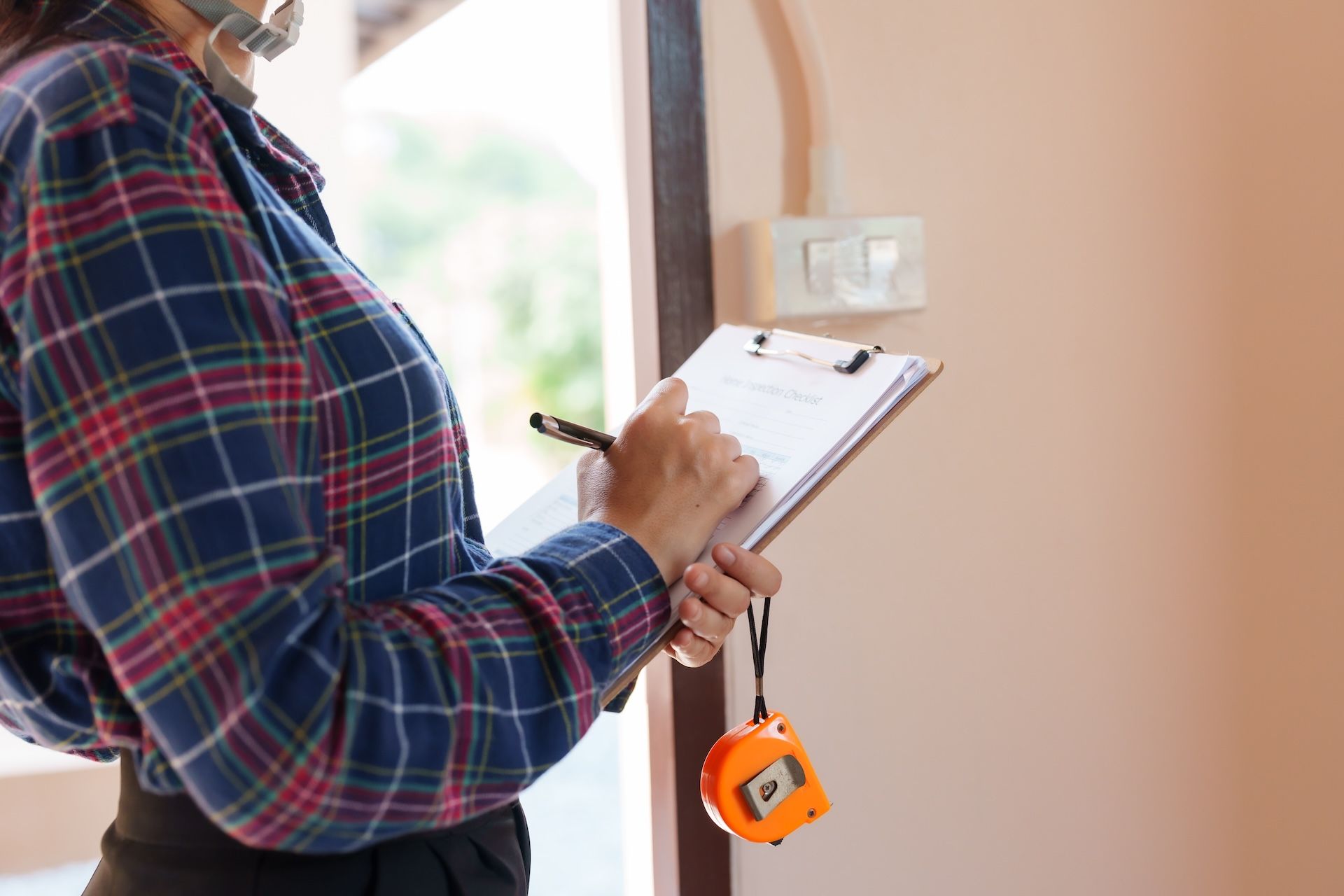Why You Shouldn’t Skip Out On A Pre-Listing Inspection?
Selling your home is a big step. Whether you're moving across town or across the country, it's one of the largest financial transactions you’ll ever make. When you’re in a hurry to get your home listed, it might be tempting to skip over extra steps like a pre-listing home inspection.
But that’s a mistake.
Getting a pre-listing inspection can actually save you time, money, and stress. It helps you fix issues before they scare away buyers, and it can give you more control over your sale.
Let’s explore what a pre-listing inspection is, what it covers, and why it’s so valuable—especially in today’s competitive real estate market.
What Is a Pre-Listing Inspection?
A pre-listing inspection is a professional checkup of your home before you put it up for sale. It’s done by a certified home inspector who looks at the overall condition of your property—inside and out.
This includes your:
- Foundation
- Roof
- Plumbing
- Electrical systems
- Heating and cooling (HVAC)
- Walls, windows, and doors
- Attic and insulation
- Appliances
- Garage and driveway
This inspection gives you a full picture of what condition your house is in before potential buyers see it. If problems are found, you’ll have a chance to fix them early—on your own terms.
Why Is a Pre-Listing Inspection So Important?
Here are the top reasons sellers benefit from doing an inspection before listing their home:
1. Avoid Last-Minute Surprises
Once you accept an offer, the buyer will likely order their own inspection. If serious issues come up, the deal could fall apart or you may be forced to lower the price or pay for repairs.
A pre-listing inspection helps you get ahead of these surprises.
2. Price Your Home More Accurately
Knowing your home's condition helps you and your agent set the right asking price. If you’ve already fixed issues, you can confidently list at a higher price. If you decide not to fix something, you can disclose it upfront and adjust the price accordingly.
3. Sell Faster
Homes that have a clean inspection report—or full transparency about needed repairs—tend to sell faster. Buyers appreciate honesty and are more likely to trust your listing.
4. Gain Negotiating Power
Buyers may ask for a lower price or request repairs after their inspection. But if you’ve already done your own and fixed key issues, you reduce their leverage.
What Do Inspectors Look For in a Pre-Listing Inspection?
A good home inspector checks all major areas that affect safety, structure, and function, including:
- Roof: Looking for leaks, missing shingles, or signs of damage.
- Foundation: Checking for cracks, settling, or structural concerns.
- Plumbing: Inspecting pipes, water heaters, and drainage systems.
- Electrical: Testing outlets, panels, and wiring for code issues.
- HVAC Systems: Making sure heating and air units are working properly.
- Interior and Exterior Walls: Noting damage, mold, or water stains.
- Windows and Doors: Checking for broken seals or draft issues.
- Attic & Insulation: Making sure there’s proper airflow and insulation.
- Basements or Crawl Spaces: Checking for moisture, pests, or rot.
These are often areas where problems hide—and repairs can get expensive. An inspection catches them early.
What If You're Moving Out Before Selling?
If you're planning to move before your home sells, getting a pre-listing inspection is even more important. You won’t be around to deal with problems that come up later.
By fixing issues now, you:
- Reduce the risk of your home sitting on the market.
- Avoid rushed, costly repairs later.
- Show buyers the home was well cared for.
An empty house with visible problems can scare buyers off. But a pre-inspected, well-maintained home builds confidence.
Common Problems Found During Pre-Listing Inspections
You might be surprised at what inspectors find—even in newer homes. Common issues include:
- Leaky roofs
- Old or damaged wiring
- Plumbing leaks
- Cracked foundations
- Mold or water damage
- Broken or aging HVAC systems
- Poor drainage outside
- Termite damage
These problems may not be obvious at first glance, but they can be deal breakers during a buyer's inspection. Getting ahead of them can save your sale.
Can You Skip Repairs After the Inspection?
You don’t have to fix everything found in the report. But knowing what’s wrong lets you make smart decisions.
You can choose to:
- Fix key issues before listing.
- Offer a repair credit at closing.
- Adjust your listing price.
- Disclose problems up front to avoid negotiation trouble later.
Being honest and proactive helps you avoid legal or financial issues after the sale.
Schedule Your Pre-Listing Inspection with Guardian Angel
At Guardian Angel Inspections, we offer thorough pre-listing home inspections across South Florida. Our certified inspectors check everything from your foundation to your roof—and even pools and patios.
We help sellers feel confident and prepared when listing their homes.
Call us today at (561) 512-7854 to schedule your inspection. You’ll gain peace of mind—and a better chance at a smooth, profitable sale.
Disclaimer: The information on this website and blog is for general informational purposes only and is not professional advice. We make no guarantees of accuracy or completeness. We disclaim all liability for errors, omissions, or reliance on this content. Always consult a qualified professional for specific guidance.
Share this entry







